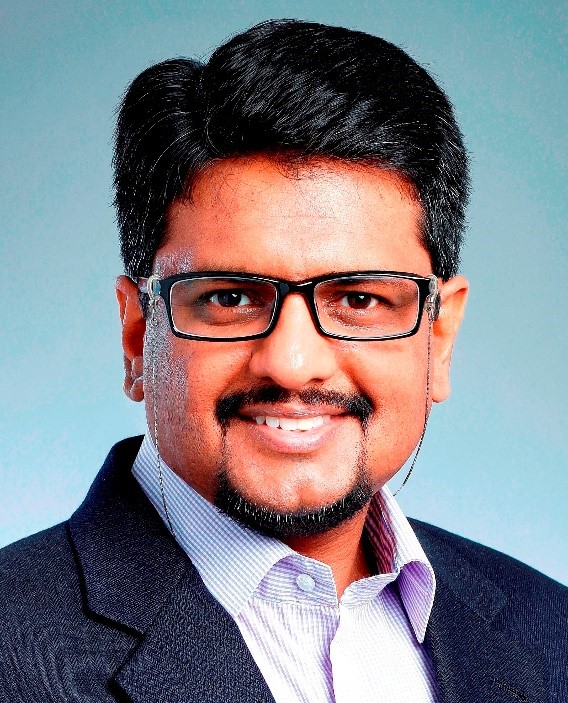
Dr. Saumyadipta Pyne
Founder and President
Dr. Pyne's areas of research interest are computational statistics, machine learning and health data science with applications in data fusion, clustering and classification, high-dimensional and big data analysis, bioinformatics, and public health and policy.
A characteristic feature of his research involves modeling the diversity of individual behaviors within a given microenvironment. Such an individual could range on a variable scale from a single biological cell to an autonomous human being to communities of interacting agents. Models are developed for inference and predictions at multiple levels from individuals to communities.
A second long-standing feature of Dr. Pyne's research is rigorous modeling of high-resolution Phenome data. His lab has developed novel analytical frameworks for mathematically precise representation of complex phenotypes. The resulting models of phenotypic diversity of a given population allow efficient disease surveillance.
A third characteristic feature that has guided his lab’s research direction in recent years is the modeling of rare events of key importance but small probability. To overcome certain constraints on such data streams, innovative cutting-edge platforms were designed for key problems including carcinogenic exposures, air inequality and climate change.
Recently, Dr. Pyne created the lab for Health and Environmental Equity through Data (HEED-lab) focused on detailed understanding of the nuanced problem of health disparities by using an integrative, multi-disciplinary approach with the help of data collected from diverse sources including citizen science projects.
Dr. Pyne received his Ph.D. in Computer Science from SUNY Stony Brook and postdoctoral training at the Broad Institute of MIT and Harvard University. He held different positions at premier institutions such as University of California Santa Barbara, University of Pittsburgh, Harvard Medical School, Indian Statistical Institute, Indian Institute of Public Health, National Institute of Medical Statistics, New Delhi, such as endowed Chair and Head, Full Professor, Research Scientist, Scientific Director, Ramalingaswami Fellow, Senior Research Fellow and Adjunct Professor. He has been honored with several oration awards and memorial lectures.
Dr. Pyne has published extensively in premier journals, and serves on the editorial boards of multiple international journals.
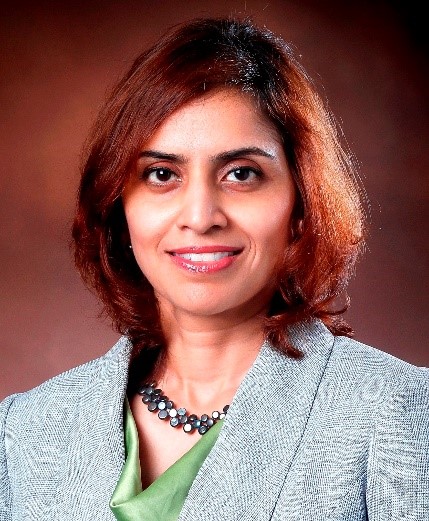
Dr. Meghana Ray
Co-Founder and Vice President
Dr. Ray's research and leadership spans the interdisciplinary fields of pharmacy, public health, social and behavioral sciences, and environment sciences. Her work ranges from improving existing processes to address disparities in health services and outcomes across all health settings to evaluating policies that either facilitate or challenge progress toward equitable services and outcomes.
An application of her work in the field of disaster research led to the development of a framework for managing and training pharmacists for disasters and emergencies. Post-pandemic, Dr. Ray published a book on Disaster and Emergency Preparedness by the American Pharmacists Association, and it was deemed to be the first book to comprehensively cover all aspects of preparedness, management, and recovery by pharmacy professionals.
Her long standing work in global health encompasses projects on improving clinical processes and logistics in Haiti and Honduras through the development of an electronic inventory management system, evaluating logistics and supply chains, and developing clinical training programs and targeted interventions. In India, Dr. Ray along with her colleagues conducted multiple workshops on Health Analytics and Disease Modeling, and other areas of Data Analytics. Her leadership at the American Public Health Association led to the development of a Pharmacy Special Interest Group (now a Section) in 2014 where she has served in various leadership roles.
Dr. Ray earned her Ph.D. in Health Policy from University of Illinois at Chicago, MBA from Illinois Institute of Technology, and BPharm from University of Mumbai, India. She has worked in academic, government and non-government settings and has consulted with the U.S. FDA's Risk Communications Advisory Committee. She has published extensively in peer reviewed journals and serves on the editorial boards of international journals. As Vice President of Health Analytics Network, Dr. Ray aims to build a consortium of interdisciplinary researchers to propose cross-cutting solutions that aim to address critical public health issues.
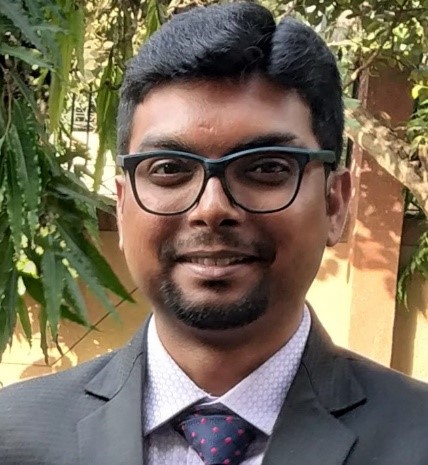
Dr. Saurav Guha
Research Associate
Saurav Guha earned his PhD in Agricultural Statistics from ICAR-Indian Agricultural Research Institute, New Delhi, where he works as a post-doctoral research associate. Dr. Guha works on various methodological and applied problems in statistics, including survey design and estimation methods; small area estimation; disaggregate level estimation and analysis of agricultural, socio-economic and health indicators; spatial models for survey data, multivariate modeling. He has published many research papers in premier international journals, book chapters, and conference papers.
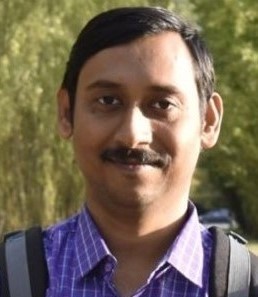
Dr. Sumanta Ray
Research Associate
Sumanta Ray earned his PhD in Computer Engineering from Jadavpur University, Kolkata. He was the ERCIM postdoctoral fellow at Centrum Wiskunde and Informatica, Amsterdam, Netherlands. He works as an Assistant Professor of Computer Science and Engineering at Aliah University, Kolkata. His areas of research include Single Cell Genomics, Deep Learning, Data Science, Pattern Recognition, Public Health, Bioinformatics. He has published many research papers in premier international journals, book chapters, and conference papers.
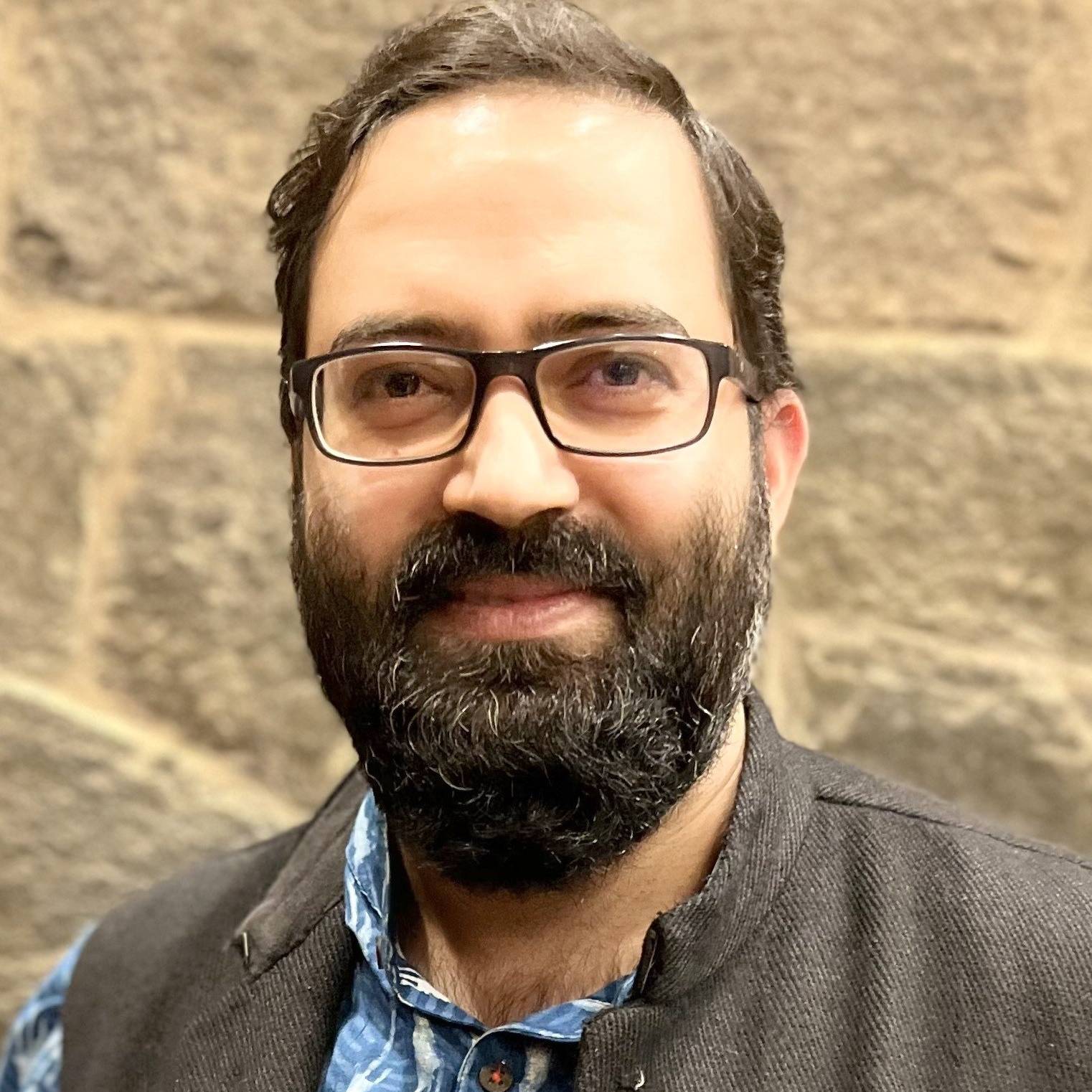
Dr. Vishal Deo
Research Associate
Vishal Deo has worked extensively in the areas of biostatistics, survival analysis, health economics, and state-space epidemiological models. He is currently a Scientist (Statistics) at the National Institute of Medical Sciences of the Indian Council of Medical Research. Dr. Deo's research interests include applications of econometric and time-series models, generalized linear models, and quantile regression in interdisciplinary fields of socio-economic, demographic, and environmental studies. His recently developed methodology can evaluate quality adjusted life years (QALY) based on the dynamics of progression through different states of a disease. Dr. Deo has a Ph.D. in Statistics from the University of Delhi. He has 12 years of teaching experience and published extensively in reputed international journals.
